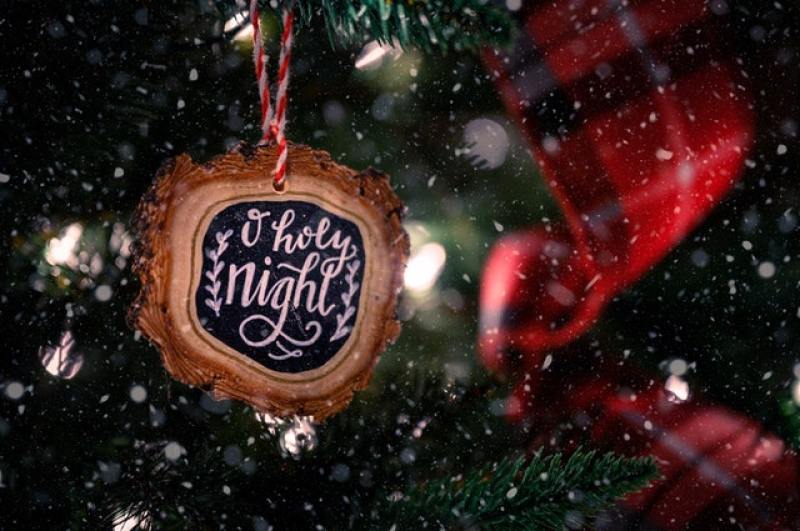
When the U.S. was founded in 1776, Christmas was not celebrated the way it is today. In fact, historians found that some settlers who came to America brought the colonial Christmas debate over Christmas with them. Some wanted to remove Roman Catholic traditions that they believed were excessive, such as Christmas, whose roots were in the pagan Roman winter festival of Saturnalia and the Norse festival of Yule.
According to History, however, other settlers who arrived in the early 1600's in Virginia held Christmas with a high regard, preserving it as "a sacred occasion and a day of rest." Jumping forward to June 26, 1870, the American government declared Christmas a federal holiday. By the 1900s, most Christmas traditions had been established. Such traditions can be traced back to America's Founding Fathers, who each celebrated Christmas in their own way.
According to CBN News, George Washington, the very first President of the United States and Commander of Continental Army during the American Revolution, celebrated Christmas with his family at Mount Vernon, where the entire family spent not one but 12 days to celebrate the holiday. The Mount Vernon website reported that the Washingtons celebrated from Christmas Eve on December 4 up to the Epiphany or Twelfth Night on January 6.
Washington and his wife, Martha were congregants of the Pohick Church, an Episcopalian congregation, in Lorton, Virginia. They would host family and friends to celebrate Christmas during the lengthy 12-day holiday.
Meanwhile, Founding Father of the United States Benjamin Franklin, who was also a polymath, writer, scientist, inventor, and philosopher, was vocal about his faith in God, who he called "Creator of the universe" who "governs it by his Providence." Because of this, Franklin believed that God "ought to be worshipped." He remarked in his Poor Richard's Almanac in 1733, "A good conscience is a continual Christmas."
The first White House Christmas party can be attributed to the second President of the United States, John Adams, who hosted the event in December 1800. They held the Christmas party for their then-four year old granddaughter Susanna Boylston Adams, who lived with them. The event was attended by government officials and their children.
Thomas Jefferson, the third President of the United States and Founding Father, held Christmas close to his heart and described it as a "the day of greatest mirth and jollity." He also recounted how he celebrated Christmas with his grandchildren. In 1809, he spent Christmas day with his eight-year-old grandson Francis Wayles Eppes, who he said was "running about with his cousins bawling out 'a Merry Christmas.'"
Upon inheriting the White House from Jefferson, James Madison, the fourth President of the United States continued the Christmas tradition of hosting parties at the White House with First Lady Dolley. They also began the tradition of sending out Christmas cards to their family and friends.
John Quincy Adams, the sixth President of the United States and the son of John Adams, wrote, "Why is it that next to the birthday of the Savior of the World, your most joyous and most venerated festival returns on this day on the Fourth of July?"
"Is it not that in the chain of human events, the birthday of a nation is indissolubly linked with the birthday of the Savior? That it forms a leading event in the progress of the Gospel dispensation?" Quincy Adams wrote. "Is it not that the Declaration of Independence first organized the social compact on the foundation of the Redeemer's mission upon earth? That it laid the cornerstone of human government upon the first precepts of Christianity?"
It is through reflecting on the thoughts of the Founding Fathers on Christmas and their faith that Americans can understand how deeply rooted the holiday is in America's identity and culture even today, no matter what those who don't appreciate it may say.

























